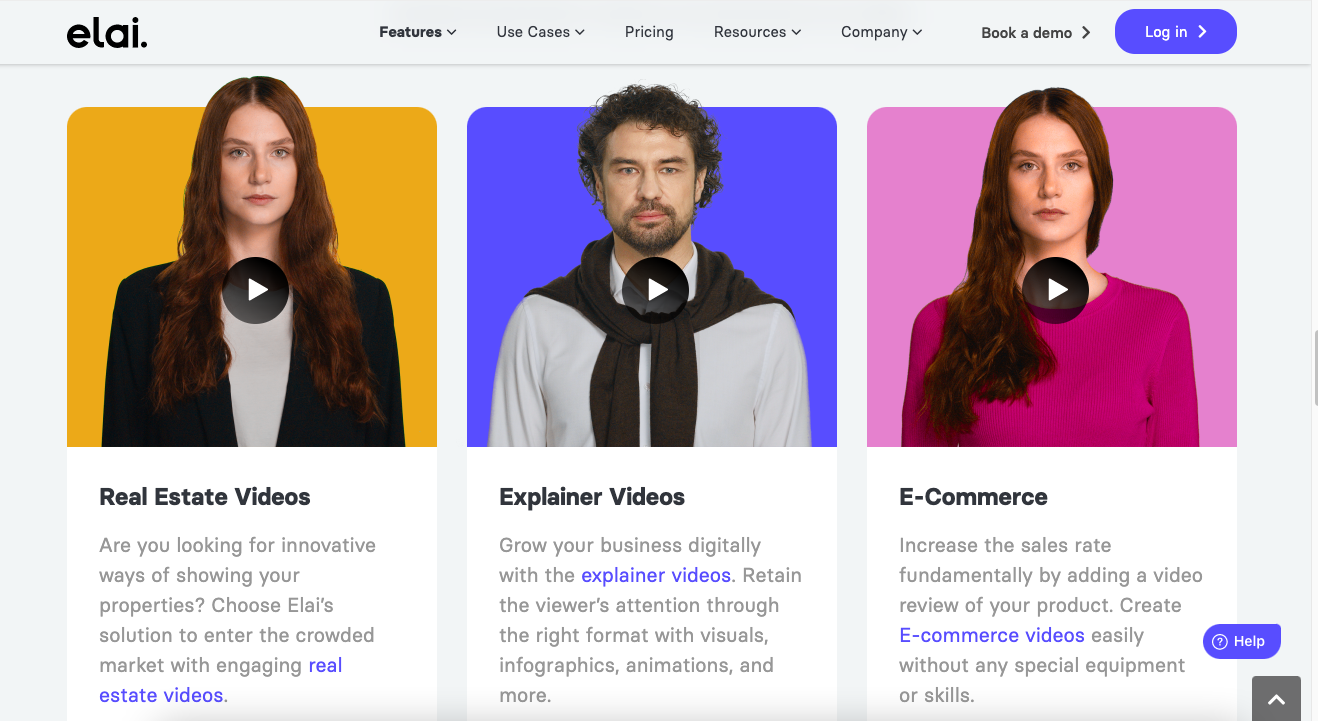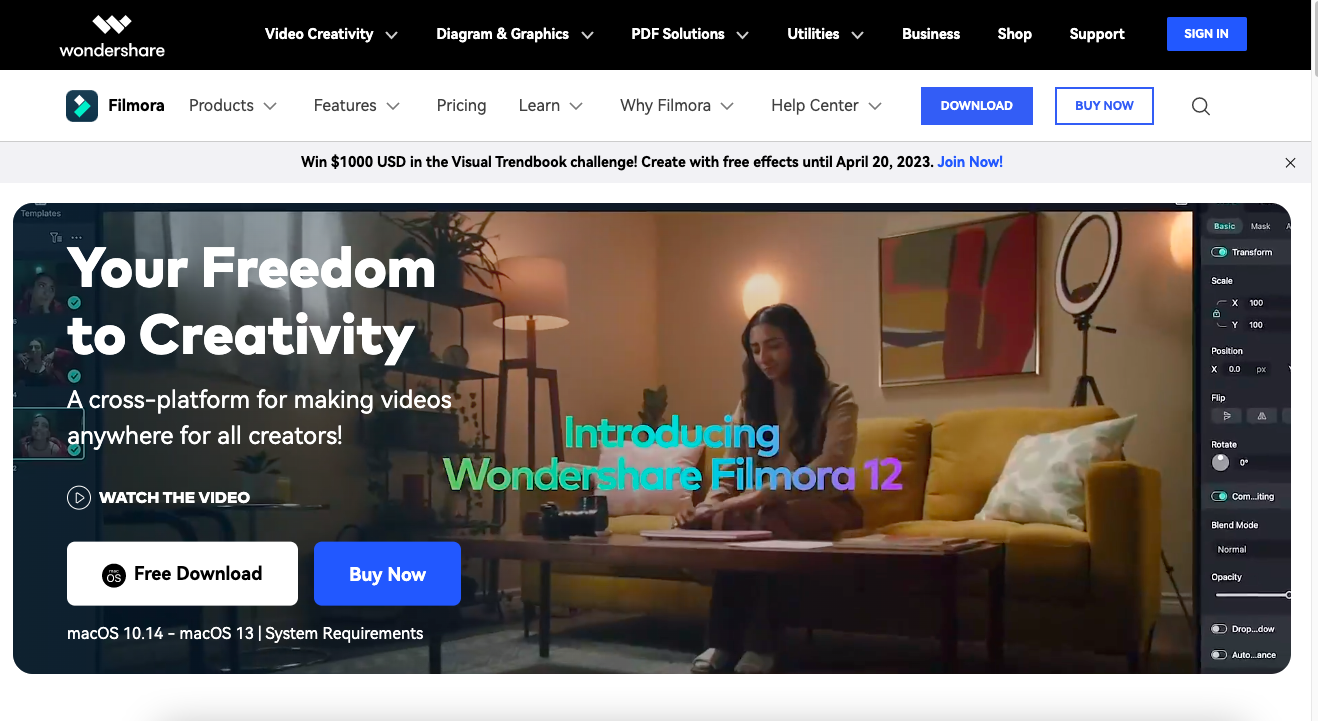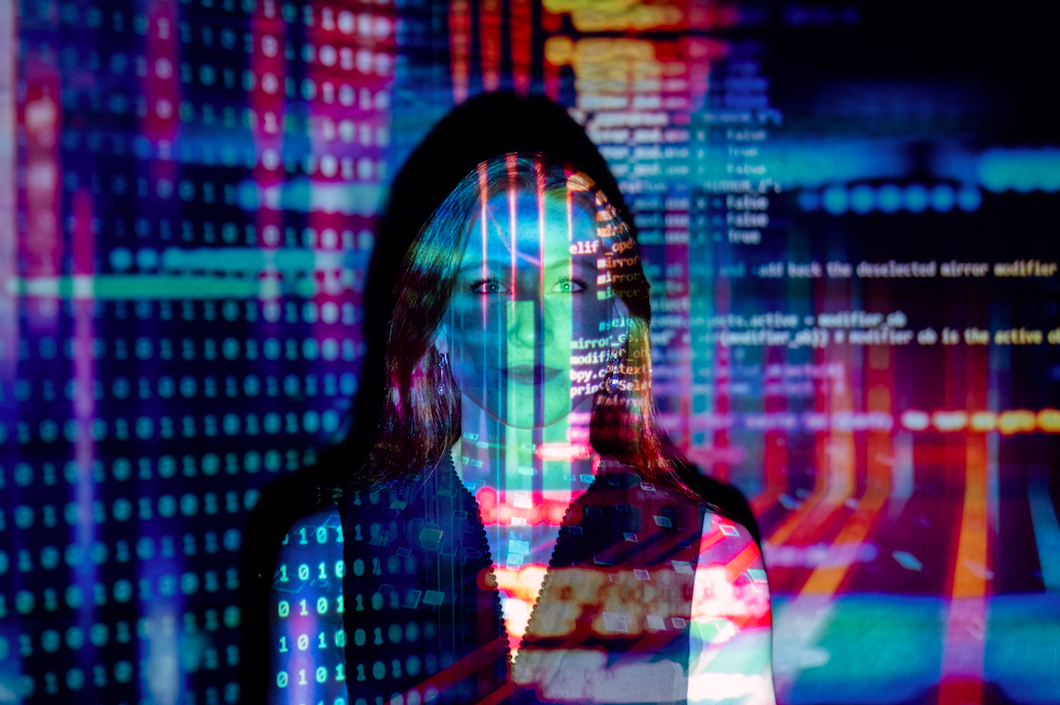Table of contents
What is AI Video Editing?
The application of artificial intelligence technologies to automate various portions of the video editing process is known as AI video editing. This technique aims to make video editing faster, more efficient, and more precise than existing methods. Editors can utilize AI video editing to automatically change and enhance many parts of their videos, such as color correction, audio augmentation, and more, by utilizing powerful algorithms and machine learning approaches. This tcontenteditableechnology may also be utilized to automatically generate text and graphical overlays, allowing adding professional-quality effects to your videos easier than ever.5 Steps How AI Video Editing Works
AI video editing involves using machine learning algorithms to analyze video footage and make decisions about how best to edit it. This process can be broken down into several stages:
Step 1. Data Ingestion
The first step in AI video editing is to ingest the raw video footage into the system. This can be done through various means, such as uploading the footage to a cloud-based platform or connecting the video camera directly to the system.
Step 2. Scene Detection
Once the footage is ingested, the AI system analyzes it to detect scene changes. This is done by analyzing the differences in color, brightness, and motion between frames. By detecting scene changes, the system can automatically separate the footage into different segments, making it easier to edit.
Step 3. Shot Selection
After scene detection, the AI system analyzes each shot and selects the best ones based on various criteria, such as focus, exposure, and composition. This can be done using a variety of algorithms, such as facial recognition and object detection.
Step 4. Automated Editing
Once the best shots have been selected, the AI system can automatically edit them together, adding transitions and effects as necessary. This can be done using pre-defined templates or by creating custom edits based on the style and tone of the video.
Step 5. Human Supervision
While AI video editing can automate many aspects of the editing process, it is still important to have human supervision to ensure the final product meets the desired quality standards. Human editors can make final adjustments to the automated edits, ensuring that the video flows smoothly and tells a cohesive story.
How AI Video Editing is Changing the Game
Increased speed and efficiency
With AI video editing, editors can complete tasks in a fraction of the time it would take using traditional editing methods. By automating various tasks, such as shot selection and editing, AI video editing can reduce the time it takes to produce a video by up to 50%.
Improved accuracy
AI video editing technology is designed to be incredibly accurate, which can help to improve the overall quality of your videos.
Automated processes
Many of the processes involved in video editing can be automated using AI video editing technology, freeing up time for editors to focus on other aspects of the editing process.
Improved Quality
Another benefit of AI video editing is the improved quality of the final product. By using machine learning algorithms to analyze the footage and make informed decisions about the best way to edit it, AI video editing can produce a more polished and professional-looking video.
New possibilities
AI video editing technology is opening up new possibilities for video editing, allowing editors to create effects and visuals that were previously impossible to achieve using traditional editing methods.
Cost Savings
AI video editing can also save costs by reducing the need for human editors. While human supervision is still necessary, AI video editing can automate many tasks, reducing the overall number of editors needed and the time it takes to complete a project.
3 Challenges of AI Video Editing
1. Lack of Creative Input
One of the challenges of AI video editing is the lack of creative input. While AI video editing can automate many tasks, it cannot replicate the creativity and intuition of a human editor. This means that AI video editing is better suited for more straightforward editing tasks, such as selecting shots and adding transitions, while more complex creative decisions may still require human input.
2. Data Quality
Another difficulty in AI video editing is the high quality of the data utilized to train the machine learning algorithms. Incomplete or erroneous data might cause problems in the automatic editing process. As a result, it’s critical to make sure the data used to train the algorithms is of good quality and reflective of the film that’ll be edited.
3. Technical Expertise
Setting up and maintaining AI video editing demands a certain level of technological competence. Knowledge of machine learning techniques, video production software, and hardware is required. As a result, it may not be accessible to all video production professionals, particularly those unfamiliar with video production’s technical features.
Top 5 AI Video Editing Tools
There are numerous AI video editing tools available today, each with its own unique features and benefits. Some of the top AI video editing tools include:
1. Elai
Elai, another top AI video generator managed by AI experts, lets users create a variety of videos from text. Elai simplifies multi-video creation. With a few clicks, the platform can create a high-quality video from a website link, such as an article or blog post. Copy and paste the URL or HTML text of a blog post before selecting a pre-made design from the gallery. Watch, edit, render, and save the video.

2. Lumen5
Lumen5 is AI and Machine Learning-powered video editing software that streamlines and simplifies the entire production pipeline. Users don’t need to be pros at video editing to quickly and easily produce high-quality videos for marketing, social media, or any other purpose. The process of making videos can be streamlined with the help of the platform’s user-friendly interface, image and video libraries, and pre-built templates.
3. InVideo
InVideo is an AI-powered video editing tool that includes a range of features to help editors create professional-quality videos quickly and easily. This software includes features like automated text-to-video creation, a range of customizable templates, and more.
4. Animoto
Animoto is an AI-powered video editing tool that is designed to help users create high-quality videos quickly and easily. This software includes features like automated video creation, text and graphics overlays, and more.
5. Filmora
Filmora is an easy-to-use program that even seasoned editors will find useful. Audio editing, color correction, motion graphics, and more are just some of the features and tools it offers to make video editing a breeze. Filmora’s intuitive design makes it suitable for users with little to no prior expertise in the video editing industry. In addition, it has a vast library of stock video, audio effects, and music that you may use in your projects without worrying about licensing fees. In sum, Filmora is highly regarded as an excellent video editor because it strikes a wonderful mix of ease of use and powerful features.

Final Thoughts
AI video editing is transforming the world of video editing, making it faster, more efficient, and more accessible than ever before. With AI-powered tools like Adobe Premiere Pro, Magisto, Lumen5, InVideo, and Filmora, video editors can create professional-quality videos quickly and easily, without the need for extensive technical knowledge. As this technology continues to evolve and improve, we can expect to see even more exciting developments in the world of video editing in the years to come.
FAQs
Q: Is AI video editing easy to use?
A: Yes, AI video editing tools are designed to be user-friendly and easy to use, even for people without a background in video editing.
A: No, AI video editing is designed to complement human editors, not replace them. While AI can automate many of the tasks involved in video editing, there are still many tasks that require the creativity and expertise of a human editor.





